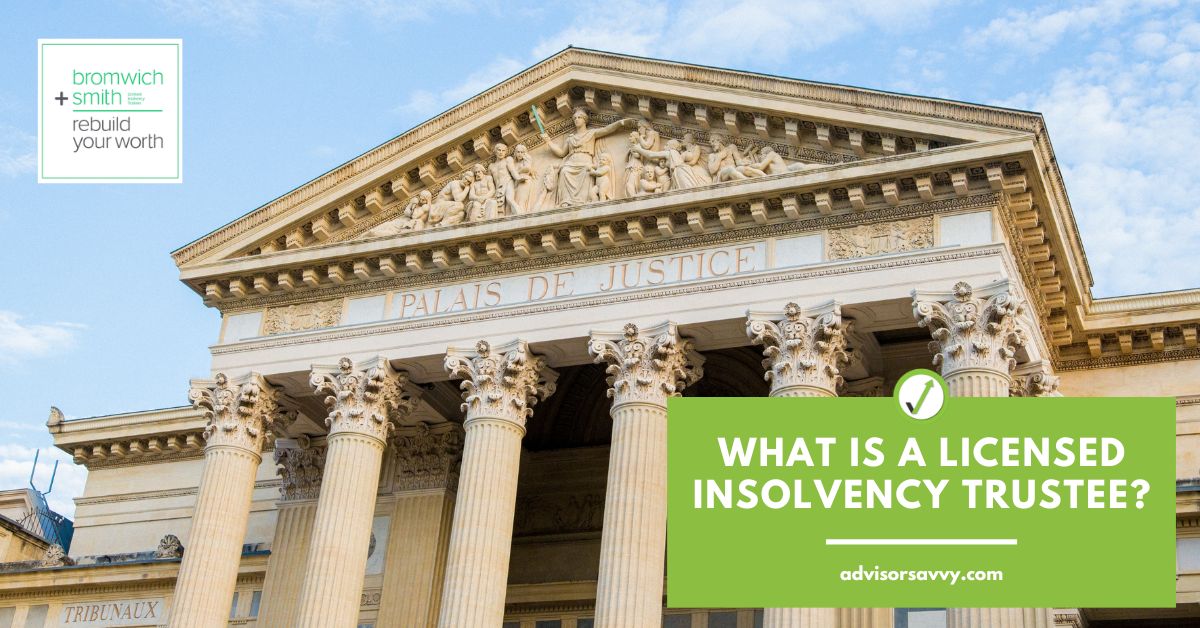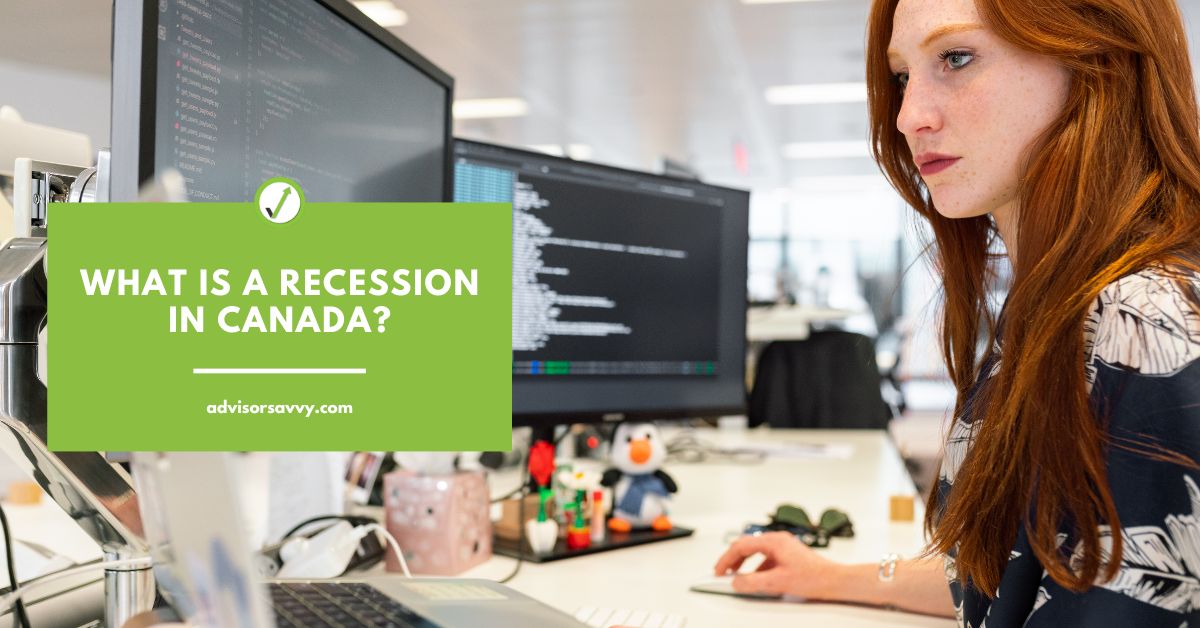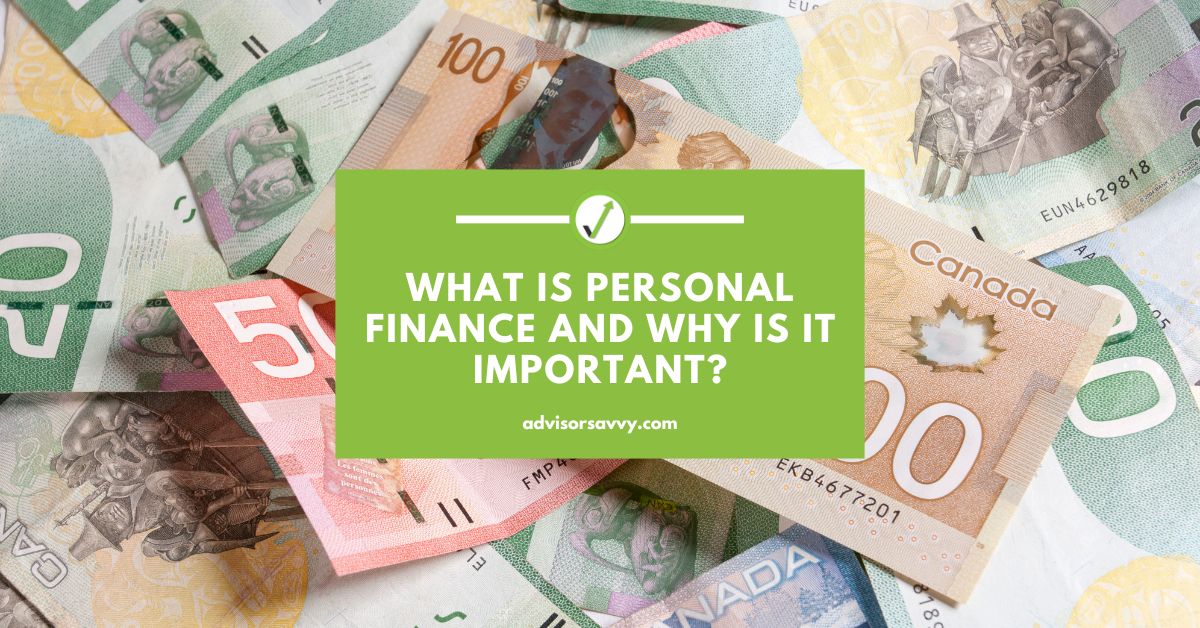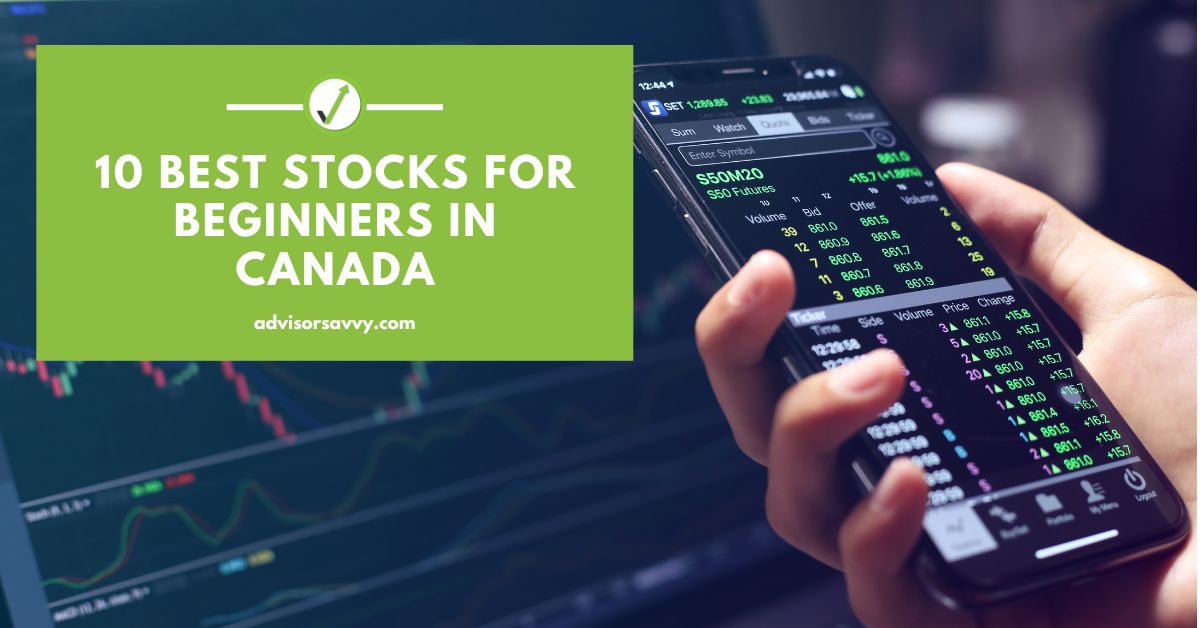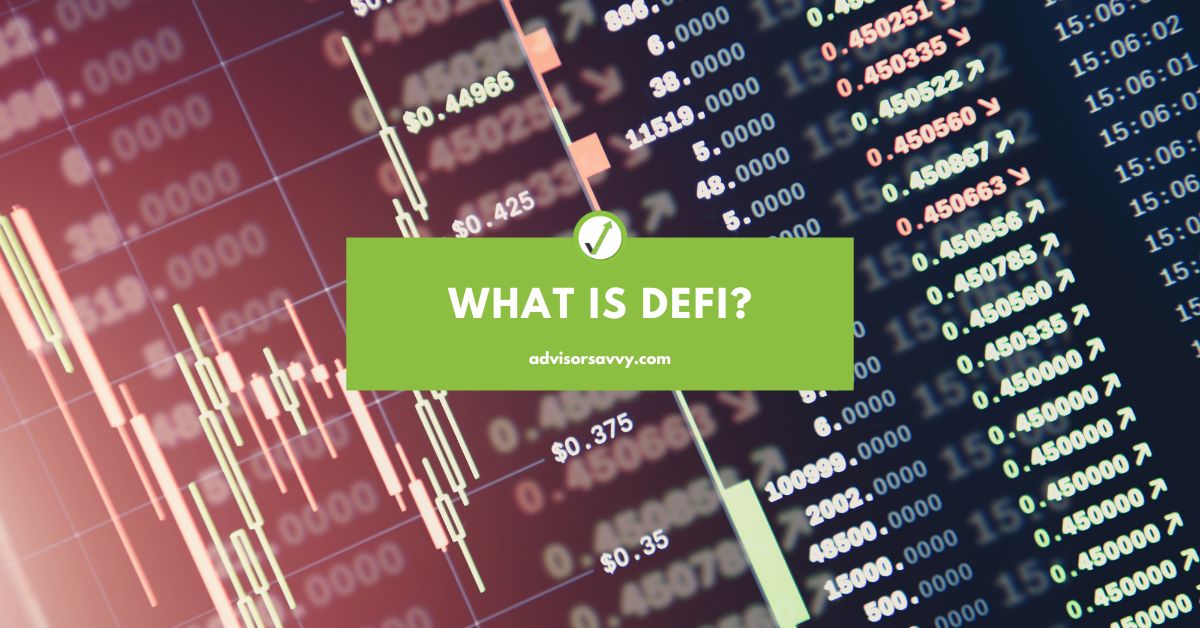Estate Planning Made Easy: Willful.co Review
Are you in the market for estate planning services? If you’re not yet, you should consider it! According to a recent survey, almost half of Canadians have a will, but only 30% have an estate plan. Creating wealth in your lifetime is one thing, but building generational wealth is another thing which requires a holistic, well thought out estate plan. One estate planning service that’s trusted in the Canadian market is Willful.co. To learn more, continue reading for the complete Willful.co review. What is Willful.co? Wills are kind of like taxes — it’s tempting to put them off. Why? Because people don’t like uncomfortable processes and confusing financial records or paperwork. Then there’s the cost and consideration of hiring someone to help you. Still, the consequences of dying without a will could be catastrophic for taxes, inheritances, and your family’s relationships. Fortunately, the percentage of Canadians with up-to-date wills increased from 26.2% in 2016 to 32.58% in 2021; a solid
Continue reading





